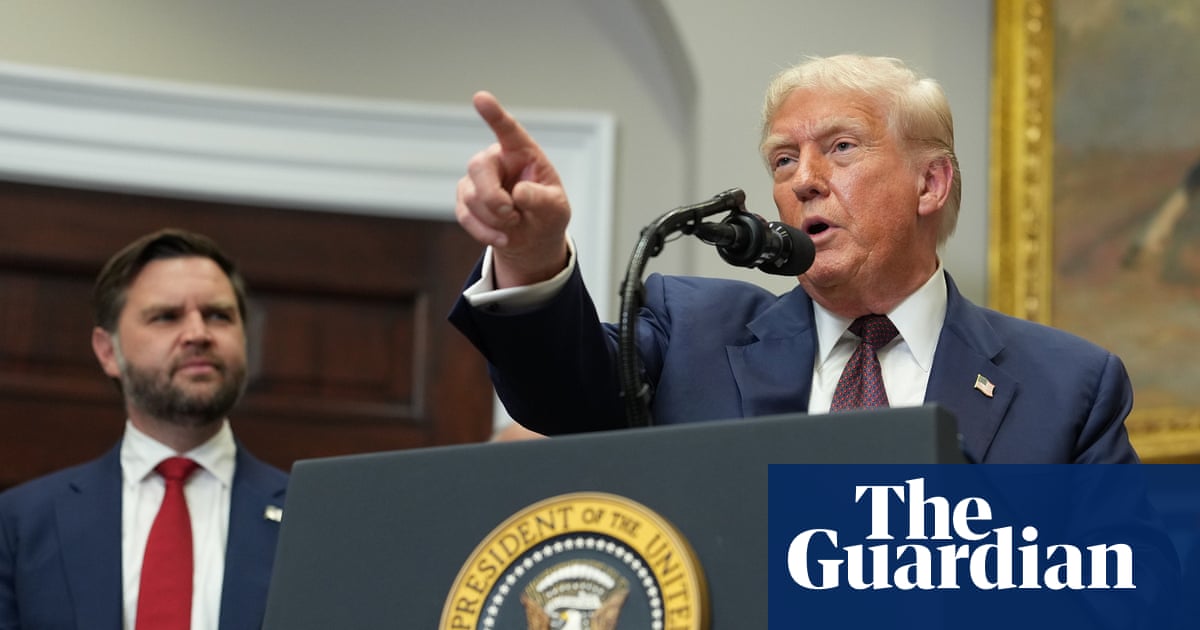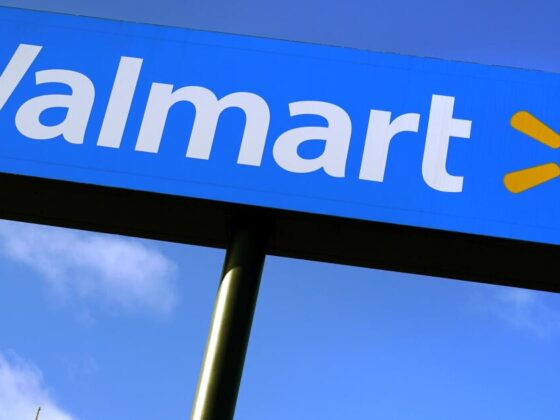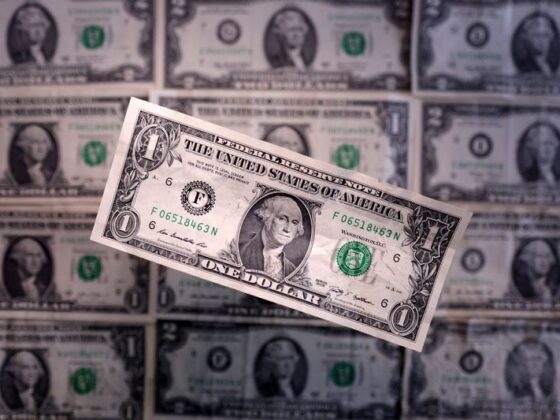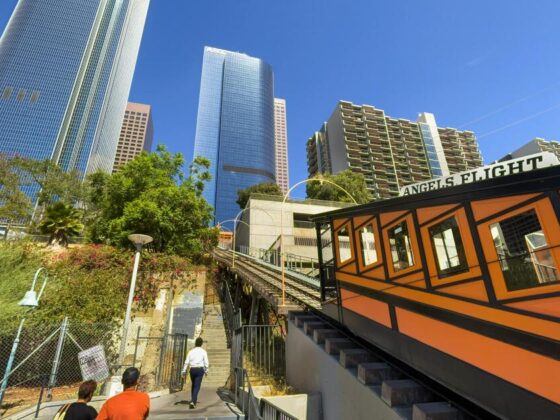Australian goods imported into the US will continue to attract the baseline 10% tariff, with Australia dodging any tariff increase in the latest round of Donald Trump’s global trade war.
On Thursday night US time – Friday morning in Australia – Trump issued an executive order confirming new tariff deals for several trading partners, as well as revised tariffs for a number of other countries.
Australia is not mentioned in the order, which stated that any countries not on the new list would remain at a 10% tariff. Guardian Australia understands the US government confirmed to the Australian embassy in Washington DC that the 10% tariff rate would remain in place.
“The White House has confirmed that no country has reciprocal tariffs lower than Australia,” a spokesperson for Australia’s minister for trade, Don Farrell, said on Friday morning.
Trump’s so-called “reciprocal tariffs” are separate to the industry-specific tariffs of 50% imposed by the Trump administration on Australian steel, aluminium and copper imports: those tariffs also remain in place.
Sign up: AU Breaking News email
“While we remain in the best possible position under the United States’ new tariff regime, we will continue to advocate for the removal of all tariffs in line with our free trade agreement,” the spokesperson said.
Farrell said the US commerce secretary – and tariff hawk – Howard Lutnick, had told him there had been pressure from within the US administration for an increase on Australia’s tariff rate “but that President Trump had decided to maintain that 10%”.
“I think this is a vindication for the Albanese government – and particularly the prime minister – and the cool and calm way we have conducted diplomacy with the United States.”
Australia runs a trade deficit with the US, but Farrell said imposing reciprocal tariffs on US goods, as a retributive measure for the US tariffs, would have been counterproductive.
Farrell said that Australia holding at 10% – while the tariffs imposed on other countries had increased – was a comparative win for Australia.
“Australian products are now more competitive into the American market … products like wine, beef, lamb, wheat are, in a relative sense, cheaper into the United States.”
Farrell said Australia still hoped to remove all tariffs from its imports into America, and he had invited Lutnick to Australia for further talks.
“We believe in free and fair trade, and we will continue to put the argument to the US that they should remove all tariffs on Australian products in accordance with our free trade agreement, and we will continue to prosecute that argument.”
Quizzed on whether the multibillion-dollar Aukus submarine deal had been a factor in the trade tariff negotiations, Farrell said Australia’s close defence relationship with the US was separate from its trade links.
“We will continue to have discussions with the US about the Aukus: it will be completely independent of our trade relationship. There is no job that is more important for a federal government than our national security.”
The Biden-era Aukus deal, under which Australia would buy nuclear submarines from the US, is currently being reviewed by the Pentagon, under instruction from Trump.
A Commonwealth Bank of Australia report issued Friday said Australia was relatively “well-insulated” from the turbulence caused by the Trump tariffs.
“We estimate Australian GDP will be just 0.3% lower over a few years because of the tariffs. Only around 5% of Australia’s exports are to the US. And Australia’s tariff rate is a relatively low 10%.”
In the executive order issued this week, Trump indicated he was open to further negotiations on tariffs with countries he saw as aligned to his America First ideology.
“Some trading partners have agreed to, or are on the verge of agreeing to, meaningful trade and security commitments with the United States, thus signaling their sincere intentions to permanently remedy the trade barriers that have contributed to the national emergency declared in Executive Order 14257, and to align with the United States on economic and national security matters.”
after newsletter promotion
Executive Order 14257 was Trump’s April order, which argued that “large and persistent annual US goods trade deficits constitute an unusual and extraordinary threat to the national security and economy of the United States”.
Trump’s latest executive order castigated unnamed countries he felt had shown insufficient fealty to the US on trade.
“Other trading partners, despite having engaged in negotiations, have offered terms that, in my judgment, do not sufficiently address imbalances in our trading relationship or have failed to align sufficiently with the United States on economic and national-security matters,” the order read.
“There are also some trading partners that have failed to engage in negotiations with the United States or to take adequate steps to align sufficiently with the United States on economic and national security matters.”
The new executive order punishes small economies in particular, who have limited trading relationships with the US: Syria was given a 41% tariff rate, Myanmar and Laos 40%.
The EU has a split tariff rate: 0% on some goods, and 15% on others.
China, one of the US’s largest trading partners and a target of Trump’s trade ire, is not mentioned in the latest order. It remains at a 30% tariff rate, with some exemptions for goods such as smartphones and semiconductors. A proposed – punitive – 145% tariff on Chinese imports has been paused until mid-August.
The US treasury secretary, Scott Bessent, told reporters the US has the “makings of a deal” with China, but that it’s not yet complete.
“There’s still a few technical details to be worked out on the Chinese side between us. I’m confident that it will be done, but it’s not 100% done.”
With tariff negotiations still in play, Trump has taken aim at countries that negotiate with American drug companies to pay lower prices for pharmaceuticals, such as Australia.
Under Australia’s Pharmaceutical Benefits Scheme, the government negotiates directly with drug companies to secure comparatively low prices, a longstanding arrangement, but one which has been a consistent irritant for Trump.
Australia has been consistent in its dealings with the Trump administration that “the PBS is not up for negotiation”.
“Our government is getting on with the job of delivering cheaper medicines for Australians,” a government spokesperson said.













